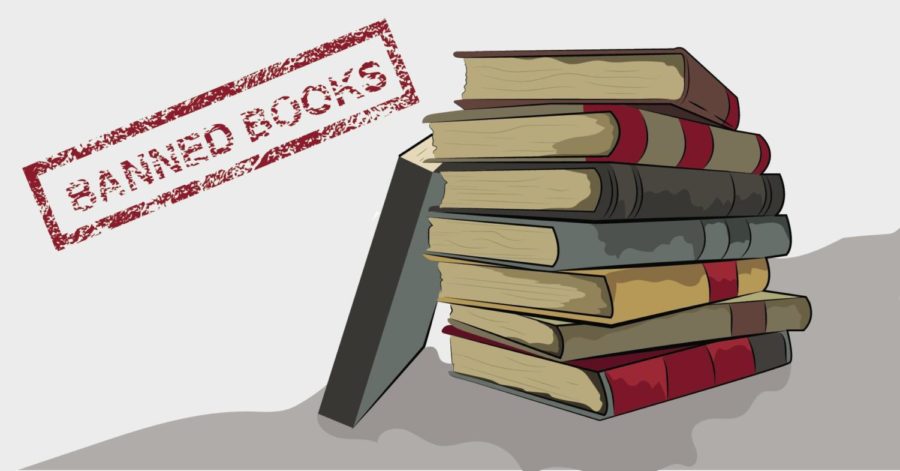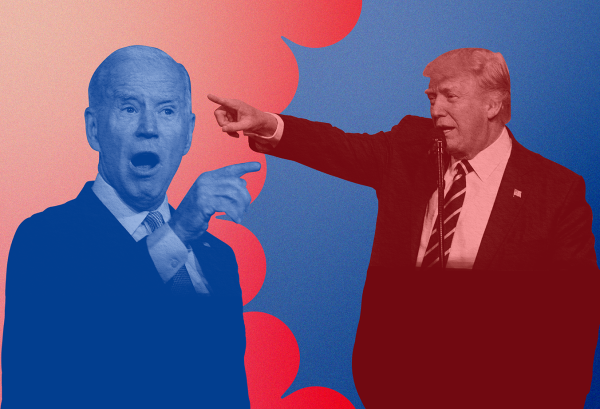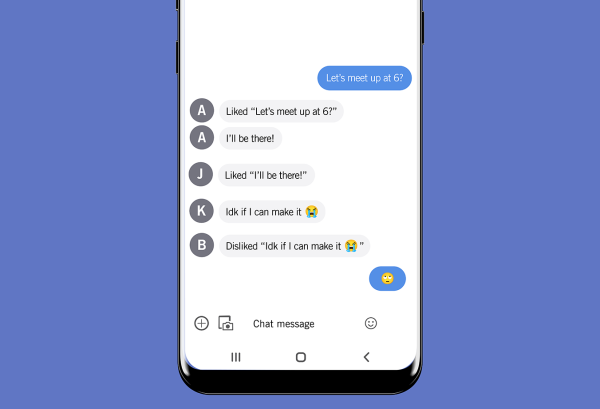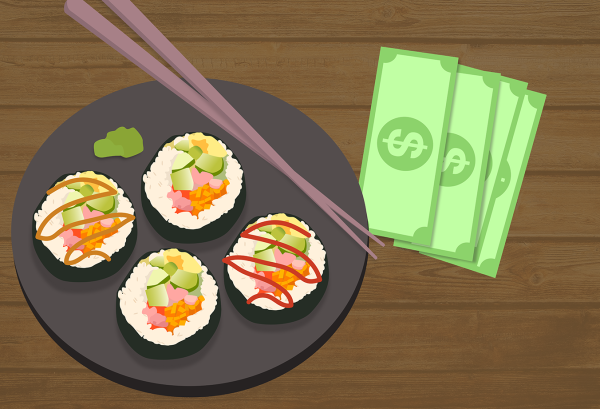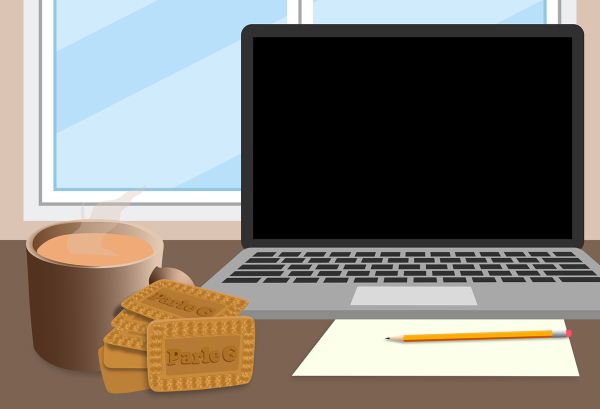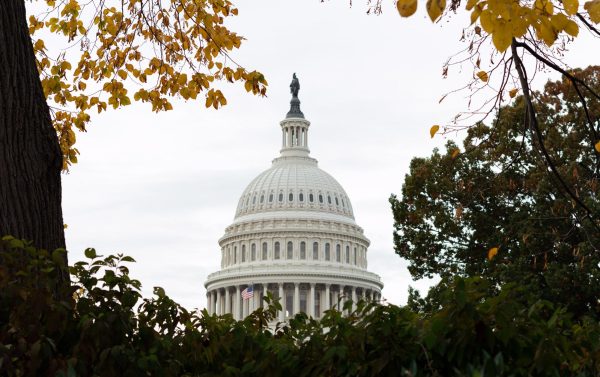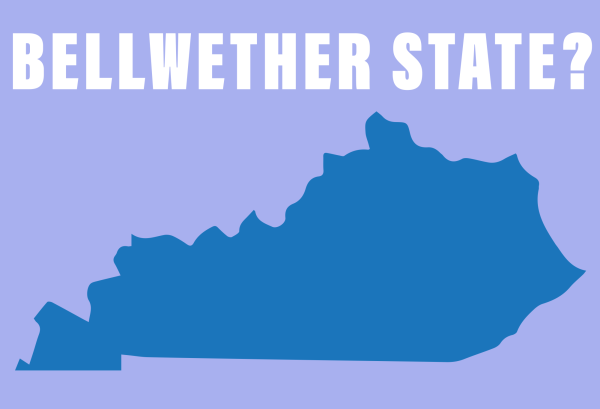Celebrating Banned Books Week: Why I read banned books
September 24, 2018
Sunday kickstarted Banned Books Week 2018 and marks the perfect time for a discussion on another freedom we have in this country: the freedom to read and write whatever we want, which is part of our right of freedom of expression.
I remember the first time I saw a banned books display in a library. This was years ago, and I did not understand the significance of the little table with titles like “1984”, “To Kill a Mockingbird” and “The Odyssey” displayed for people to pick up, check out and hopefully read. Though I didn’t understand the significance at the time, there was something so tantalizing about those books that were available for me and yet displayed under the word “banned.” I grabbed as many as my library card would allow me and rushed home to dig in. That childlike excitement over reading hasn’t left me yet.
Banned Books Week began in 1982 to combat the censorship and attempted censorship of many books across the nation, beginning in the ’50s over controversial topics like religion, relationships and racism. The celebratory week continues to this day to highlight books that have survived banning, challenging and burnings and remain staples in the literature cannon. This year’s theme is “Banning Books Silences Stories”, which combats the idea that banning books to hide some social indiscretion is to benefit the youth. Instead, banning books is a way for powerful people and institutions to silence satire, stifle important discussions and rob both authors and readers alike of their freedom to explore ideas. With every controversial topic, there are many ways to interpret the message. It should be up to the reader to do so, not the government.
I choose to continue to read banned books because I value my right to explore ideas that challenge the status quo. I value my right to be exposed to ideas that may change my worldview. Censorship does not protect citizens. It is rather the most subtle way of stifling freedom of thought. Ironically enough, this is the main topic outlined in my favorite challenged book, “1984”, which deals with the concept of the “thought police” and repressed emotions. The beauty of human nature is that we will always find a way to access information despite the risk of personal harm. But still, nobody should ever be told what to read and what to think, and this is what censorship tries to do.
Many books that were once banned are free to hang out at libraries now, waiting to challenge, anger and surprise the next reader. There are many banned books to choose from, and I encourage you to make a habit of reading them. Maybe you’ll pick one up and hate its message. Maybe you’ll pick one up and have your mind blown. Either way, the knowledge that the message within scared someone enough that they wanted to restrict your access to it should excite you in ways you never imagined. Happy reading!









































































































































